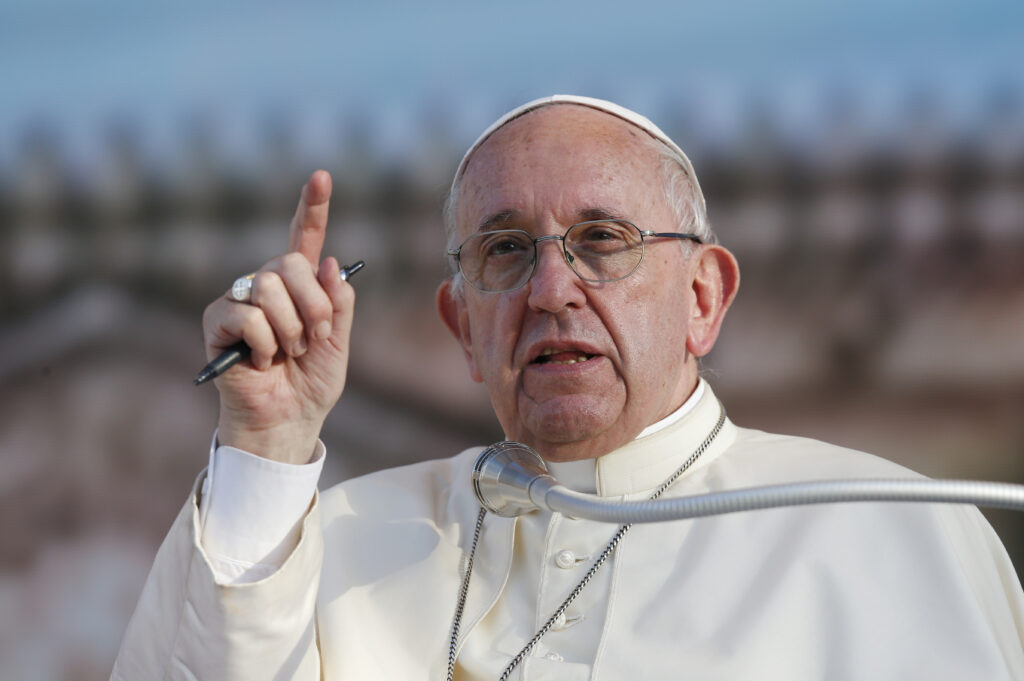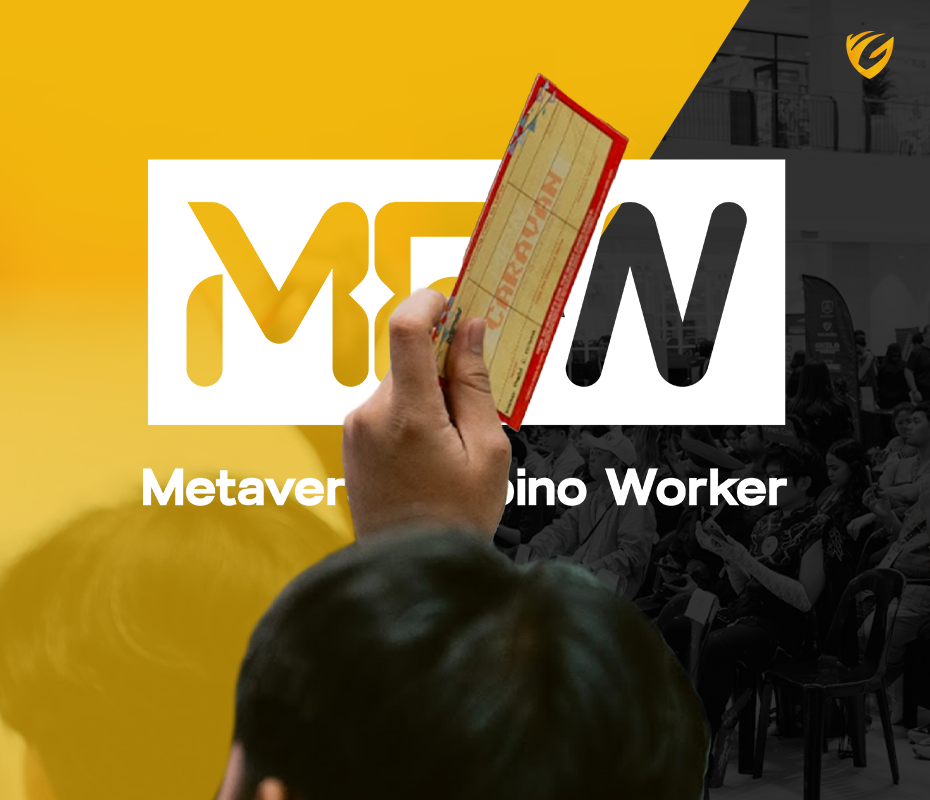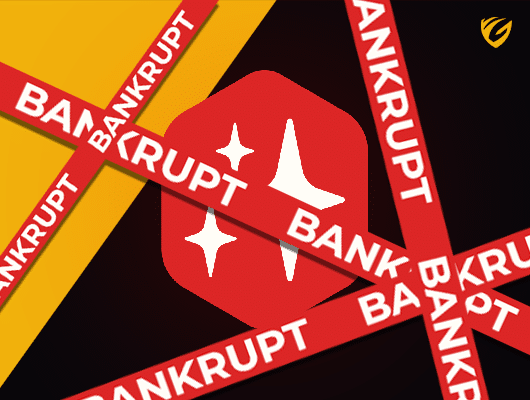Pope Francis Publishes ‘The Vatican Handbook for Ethical AI Development’
By James Pebenito • July 7, 2023
Pope Francis Publishes ‘The Vatican Handbook for Ethical AI Development’
Pope Francis has introduced a ground-breaking program to direct tech businesses in the ethical development of disruptive technologies, particularly artificial intelligence (AI), in partnership with Santa Clara University’s Markkula Center for Applied Ethics. The Vatican, which is renowned for its influence on morals and ethical issues, has acknowledged the need for thorough rules as the tech industry increasingly looks for assistance in resolving moral conundrums.

Technology, Ethics and Culture Institute (ITEC)
Pope Francis and the Vatican have created the Institute for Technology, Ethics, and Culture (ITEC) in an effort to address the ethical implications of new technology. By bringing together specialists in theology, philosophy, and technology, this cooperation acts as a think tank to promote critical discussions on how AI will affect mankind. ITEC’s work is anchored by the recently published manual, “The Vatican Handbook To Develop Ethical AI.”
Many tech companies, especially those in Silicon Valley, have looked to the Vatican for moral direction and counsel on ethical procedures. The Vatican’s statement emphasizes the need for ethical AI technology research and application because these technologies have the potential to have a significant social impact. The manual is a guide for tech businesses to use when developing and implementing AI systems to give ethical and customer welfare top priority.
The Vatican concedes that its manual is not meant to take the place of laws, but it does provide a workable option to fill the vacuum while waiting for legislative action. The time-consuming process of putting in place extensive laws frequently lags behind the quick rate of technical development. The Vatican’s guidelines can help new businesses navigate the ethical issues presented by AI and make sure that moral considerations are given the weight they deserve.
Key Ideas and Moral Frameworks
Key tenets and ethical frameworks are outlined in “The Vatican Handbook To Develop Ethical AI” to direct AI development. Transparency, responsibility, privacy protection, and the avoidance of biases and prejudice in AI systems are some of these rules. The manual places a strong emphasis on the significance of advancing the common good and making sure that AI technologies are in line with social justice and human dignity.
The Vatican’s and Pope Francis’ publication of this manual is significant on a global scale. Ethical issues must be at the forefront of technological advancement as AI is progressively incorporated into a variety of societal factors. The Vatican seeks to promote ethical AI practices globally by providing guidelines based on moral principles, acting as a moral compass for the IT sector, and promoting discussion on the moral implications of disruptive technologies.
The publication of “The Vatican Handbook To Develop Ethical AI” by Pope Francis and the Vatican marks a significant advancement in tackling the ethical issues raised by AI. The handbook is an invaluable resource for IT businesses looking to emphasize ethical considerations in AI research by fusing the moral authority of the Vatican with the knowledge of top scholars in technology and ethics. The Vatican’s principles provide a proactive and moral framework, guaranteeing that AI technologies be created and used in ways that are consistent with human dignity and the common good, as countries work toward regulatory measures.



